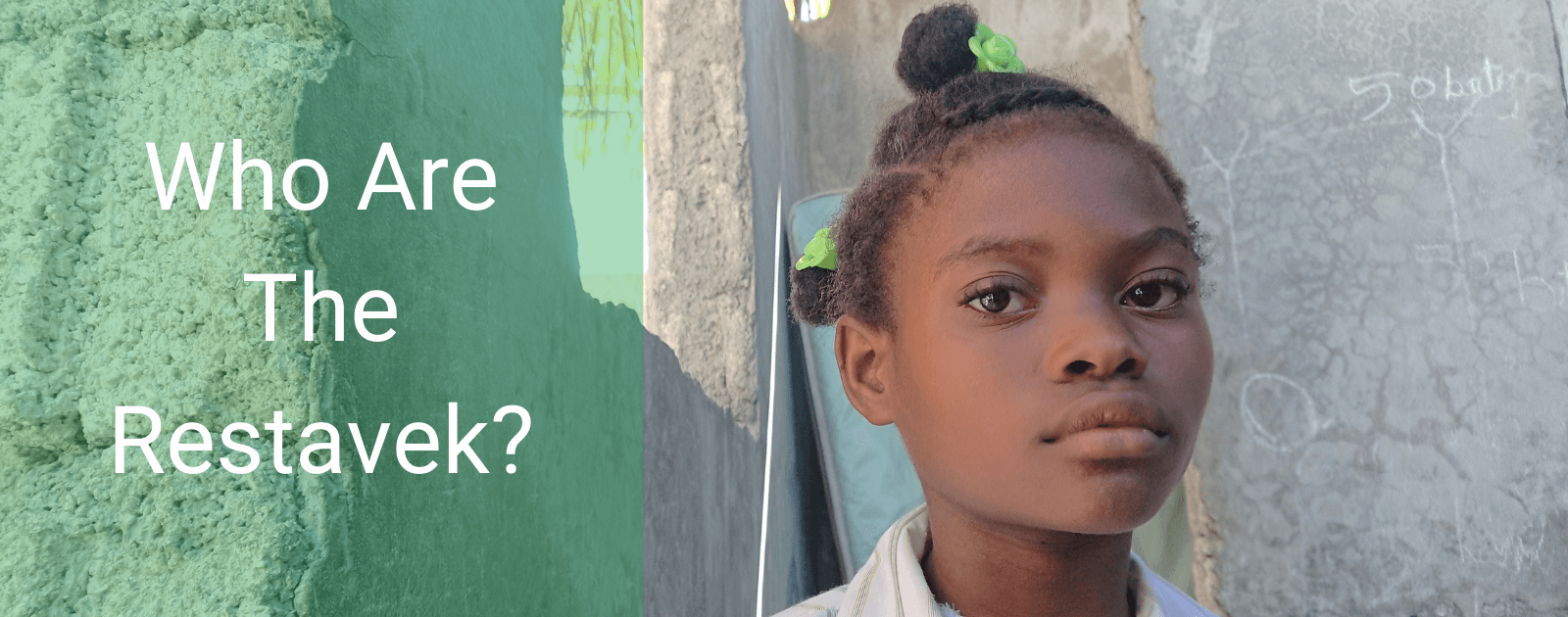A Blind Eye
Negligence is a form of abuse
Due to their living conditions, Restavek children are often malnourished and prone to illnesses. They receive little care from the host families, who do not provide enough nutrition for them to grow healthily. Jean R. Cadet, an anti-Restavek advocate and former Restavek from the age of 5 until 15, said he was treated like an animal while in the care of his host family. “After everybody has eaten, if there are some scraps left, you get that--just like a dog,” he recalled. Despite not being fed enough, Restavek children have to perform domestic chores for long hours every day. This puts a huge strain on their physical health and development.
A research done in 2013-14 showed that about 86.3% of Restavek children had not been to a hospital and seen a healthcare worker in the last 12 months. If they needed care, they were more likely to be treated by a nurse or healer rather than specialists.
Aside from physical malnourishment, a Restavek child also deals with emotional and mental traumas. The traumas arise from being separated from their biological families, the abuse and violence they encounter in their daily lives, and neglect from their communities. Moreover, they do not receive the help needed to cope with these types of trauma. Their mental health is often overlooked for the convenience of their host family.
A Guessing Game
385,000 + Restavek … and counting
According to a study done by the CDC, there were approximately 385,373 Restavek children in Haiti in 2012. This makes up approximately 15% of the population of 13-24-year-olds in the country. However, some experts believe the real number is much higher, as many families would deny having a Restavek in their households. In their study, they found that 4% of girls and 12.2% of boys had been Restaveks growing up.
Most Restavek children in Haiti were sent away between the ages of 5 to 14 years old. However, research has shown that there were even kids younger than 4 years of age.
About two-thirds of Restavek children are girls, who are particularly vulnerable to abuse from men in their households.

What is being done about this issue?
Haiti Now is committed to building a residential school for Restavek girls. The school will provide them with a place to live, study, and thrive. In this facility, they will receive the care and support they need to leave the life of domestic servitude and create a secure future for themselves. Please click here to learn more about our mission.
